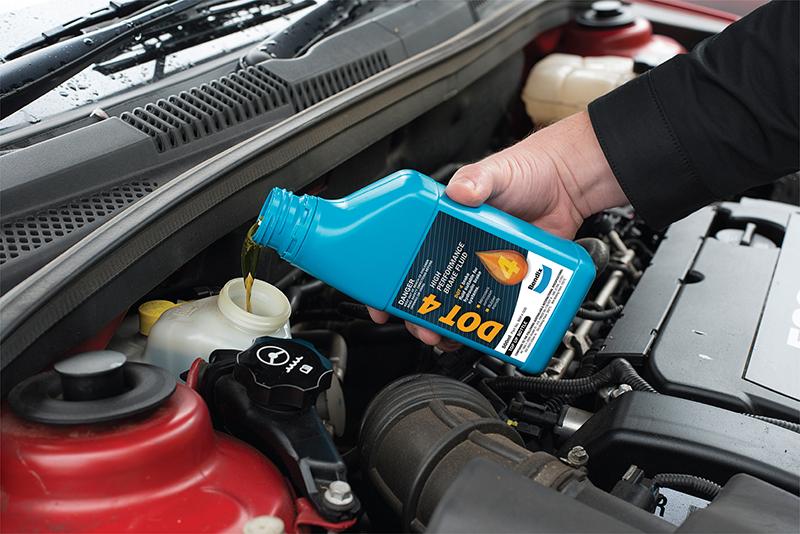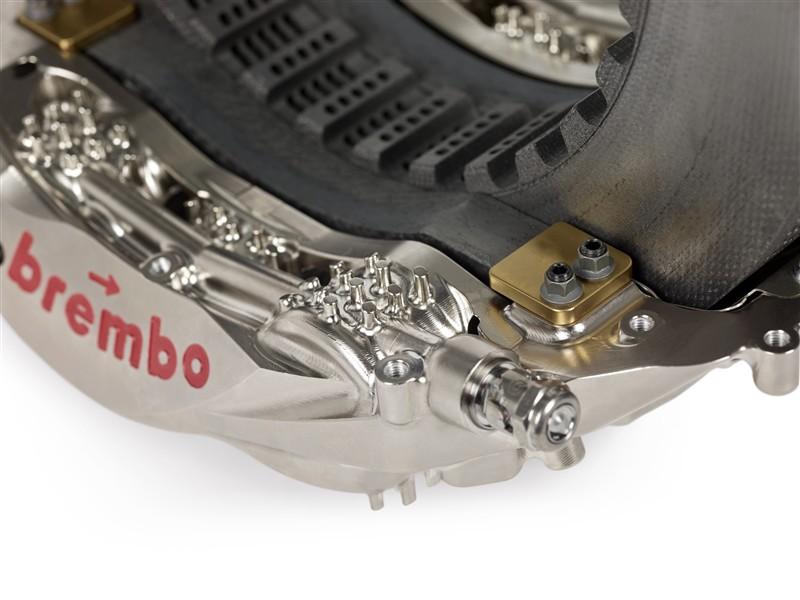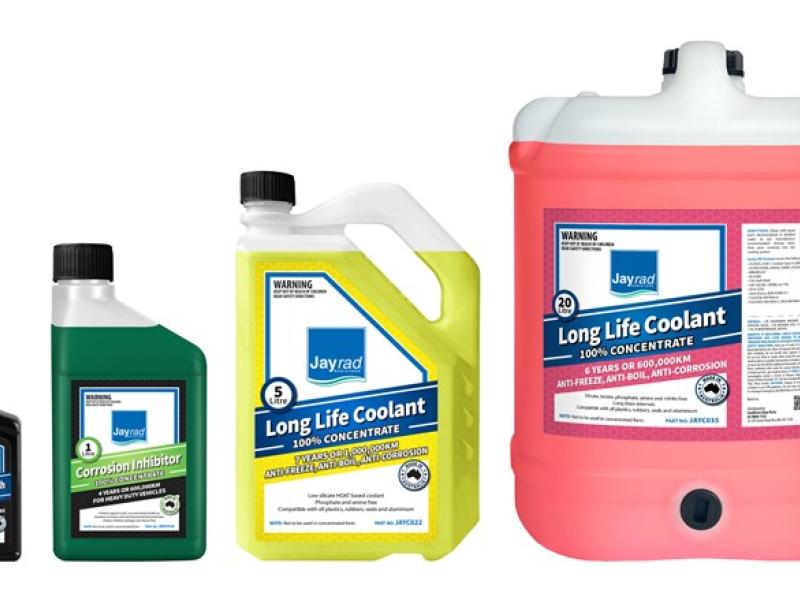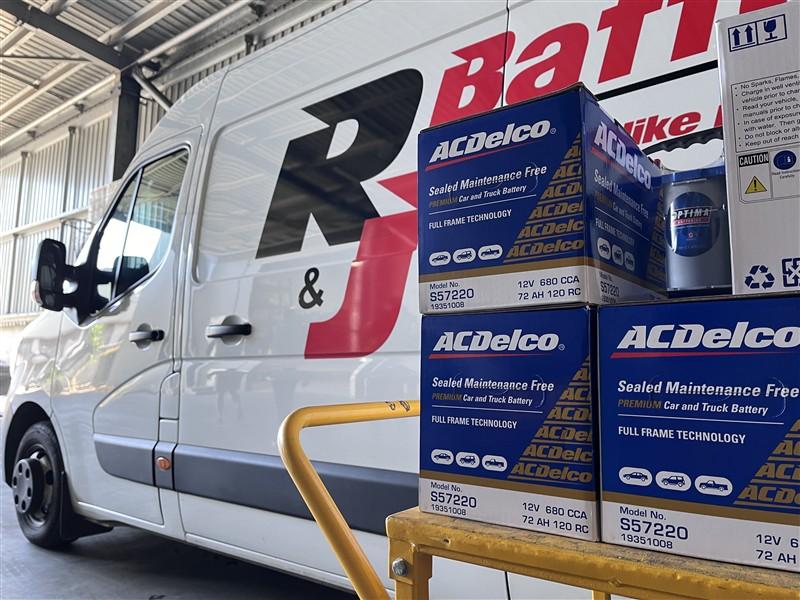Depending on where you live, some winter days in Australia and New Zealand can be miserable, with lots of rain, low temperatures, fog and grimy road surfaces.
Driving in these conditions can be more challenging as visibility is likely reduced and there’s often less grip and traction thanks to the wet roads – in short, the demands on both the driver and braking system can be much higher.
Moisture-causing rust
With the added moisture, braking components become frequently exposed to the water – even more so if the vehicle is not stored undercover when not used – and this can increase corrosion in the system. Some degree of surface rust is unavoidable, but too much rust can lead to more serious pitting, leaving the disc brake rotors with a scoured and rough surface, which in turn can contaminate the brake pads.
There are several factors that may alert the driver that their braking system has been water compromised, or that their rotors could be excessively rusty. In the case of rusty rotors, brakes may squeal when applied, and stopping distances are likely to increase.
Excessive heat? It’s true…
As unlikely as it sounds, excessive brake heat may also occur in colder temperatures and in wet conditions affecting braking performance – this is because wet rotors and brake pads may require added and more frequent brake application to slow the vehicle down. More regular applications and for a longer time can quickly overheat the braking system leading to a temporary reduction in stopping power. In the longer term, excessive heat within the braking system will cause components such as rotors and pads to wear out faster.
Drivers can reduce the likelihood of overheating their brakes by better driving to the conditions, and applying the same techniques covered in the following article which provides tips on how to extend brake life: https://www.bendix.com.au/bendix-news/bendixs-tips-for-extending-brake-life
Compromised brake fluid
Another important consideration for winter driving is the health of the brake fluid. Brake fluid plays an important role in the braking system, transferring brake force through the brake lines to the calipers which ultimately apply pad pressure.
Over time moisture which can be absorbed by the braking system through imperfect seals, microscopic holes in rubber hoses or even when the cap is left off the fluid reservoir for too long. Eventually the moisture mixes with the brake fluid increasing its water content; this reduces its ability to protect the braking system’s internals against corrosion, it also lessens the fluid’s boiling and freezing point, which reduces performance.
If it’s been a while since a braking system check has been performed by a mechanic or brake technician, the lead-up to winter is the perfect time, providing drivers with the added peace of mind in knowing that their vehicles will be ready for the weather conditions ahead.






